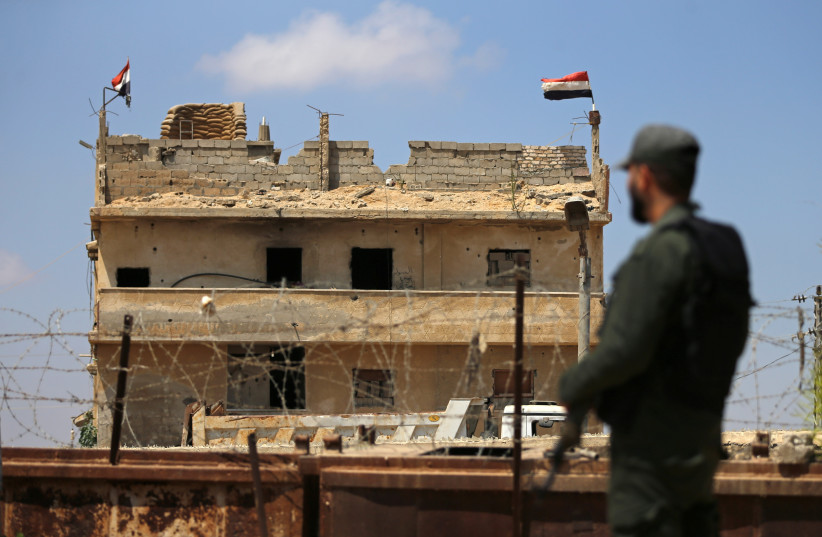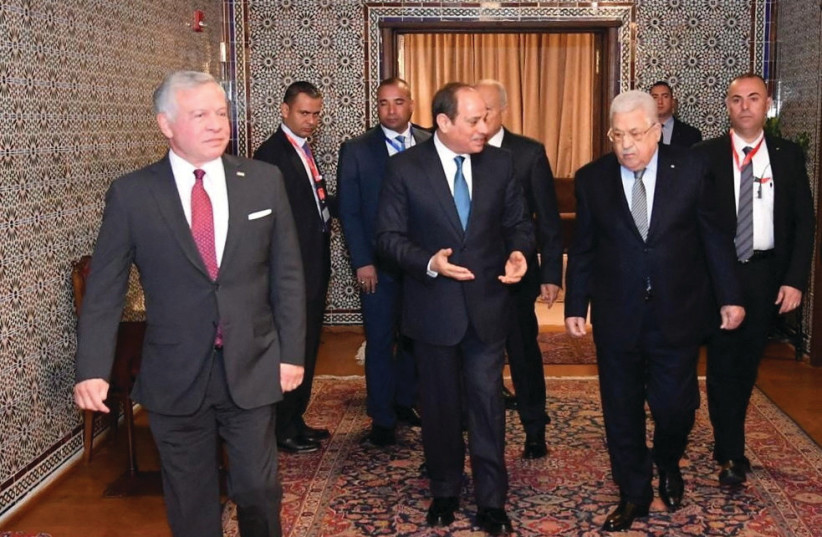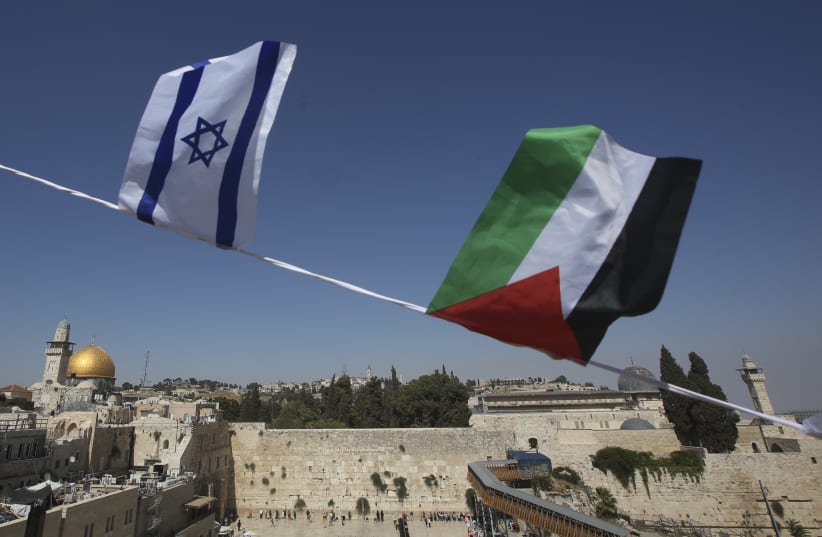Palestinian officials on Monday expressed satisfaction with the outcome of the security summit with Israel in the Egyptian Red Sea resort city of Sharm El-Sheikh, while Hamas and other Palestinian factions continued to criticize the Palestinian Authority for participating in the gathering, held under the auspices of the US Representatives of Jordan and Egypt also took part in the summit.
One Palestinian official said the results of Sunday’s Sharm El-Sheikh summit, as well as the previous summit held in Jordan’s Aqaba resort city on February 26, “show that the Palestinians can work with the government of [Prime Minister Benjamin] Netanyahu.”
PA officials on the status of the Israeli-Palestinian peace process
The official told The Jerusalem Post that the “peace process between Israel and the Palestinians has effectively been revived through the two summits.”
He pointed out that the previous government of Naftali Bennet and Yair Lapid had refused to conduct any political negotiations with the Palestinians, keeping the contacts limited to security matters.
PLO Executive Committee Secretary-General Hussein al-Sheikh, who headed the Palestinian delegation to Sunday’s summit, said the negotiations were “characterized by difficulty in the face of the Palestinian delegation’s firm position by refusing to engage in any security or economic path before reaching a political agreement where Israel is committed to stopping all unilateral measures.”

Sheikh, however, pointed out that “there has been progress in some issues and tracks, and there are still some disputed files.”
He did not provide further details regarding the reported progress and differences.
But Palestinian sources claimed that Israel agreed to carry out a series of measures to calm the situation, especially during the holy month of Ramadan, which begins on March 22.
The sources claimed that Israel agreed to suspend military activities inside Palestinian cities and villages and refrain from arresting Palestinian suspects unless they are considered a “ticking bomb.”
The sources also noted that Israel has again agreed to freeze settlement construction and expansion and release some of the Palestinian tax revenues seized by the Israeli government in response to the payments made by the PA to security prisoners and the families of those killed while carrying out terror attacks against Israelis.
A communique released after the Sharm El-Sheikh summit said the five parties “held thorough discussions on ways and means to de-escalate tensions on the ground between Palestinians and Israelis in order to pave a way forward towards the peaceful settlement between the Israelis and the Palestinians.”
According to the communique, the parties “reaffirmed their commitment to advancing security, stability and peace for Israelis and Palestinians alike, and recognized the necessity of de-escalation on the ground, the prevention of further violence, as well as pursuing confidence building measures, enhancing mutual trust, creating political horizon, and addressing outstanding issues through direct dialogue.”
In addition, Israel and the PA reaffirmed their joint readiness and commitment to immediately work to end unilateral measures for a period oof 3-6 months. This includes an Israeli commitment to stop discussion of any new settlement units for four months, and to stop authorization of any outposts for six months, the communique read.
They also agreed to develop a mechanism “to curb and counter violence, incitement, and inflammatory statements and actions” and to “significantly enhance the fiscal situation of the Palestinian National Authority.”

Monir al-Jaghoub, a senior official with the ruling Fatah faction, dismissed the criticism by Hamas and some Palestinian factions. Jaghoub told the Al-Jazeera network that these Palestinian factions are “talking about rejection, not solutions or stopping the bloodletting in the West Bank.”
Tayseer Khaled, a senior official with the PLO’s Democratic Front for the Liberation of Palestine (DFLP), criticized the PA for agreeing to attend the summit in Egypt. He said that instead of calling for a cessation of all settlement activities, the communique issued after the summit talks about a 4–6-month suspension only.
Mahmoud Mardawi, a senior Hamas official, said the Palestinians don’t accept the results of the summit. “The will of the Palestinian people is clear: to resist the occupation and expel it from the land of Palestine,” Mardawi said. “The meetings in Aqaba and Sharm El-Sheikh aim to prevent the Palestinians from confronting the occupation; they also aim to eliminate the Palestinian resistance.”
Palestinian Islamic Jihad leader Mohammed al-Hindi said the aim of the summits was to resume security coordination between the PA and Israel “in order to end the Palestinian resistance.” Hindi added that the attacks against Israel “will continue, with and without Ramadan, in response to the crimes of the enemy and threats to storm the Al-Aqsa Mosque during Ramadan.”
